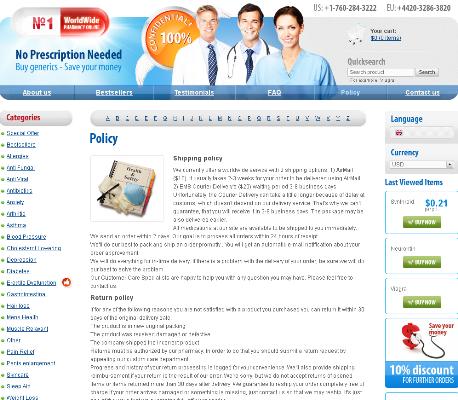Biltricide for Tapeworms: What to Expect
Understanding How Biltricide Works Against Tapeworms
Biltricide, also known by its generic name praziquantel, targets tapeworms by paralyzing their muscular system. Once immobilized, the parasites can no longer cling to the walls of the intestines. The body's natural processes then expel the worm fragments with regular bowel movements. Praziquantel works quickly—most patients notice the effects within a day. This medicine is effective against several types of tapeworms, making it a trusted choice for both doctors and patients seeking reliable results.
| Benefit | How It Works |
|---|---|
| Targets Tapeworms | Paralyzes worms so they detach from intestinal wall |
| Fast Action | Works within hours to clear parasites from the body |
Recognizing Symptoms: When Is Treatment Needed?

Many people with a tapeworm infection might not notice anything unusual at first—often, there are no symptoms at all. However, as the parasite grows, signs like unexplained weight loss, abdominal pain, nausea, and changes in appetite can appear. Sometimes, segments of the tapeworm may be seen in your stool, which can be alarming but is a key indicator.
If these symptoms occur, it’s important to seek medical advice. Your healthcare provider can confirm the diagnosis and determine if biltricide should be used. Early intervention helps prevent complications and leads to faster recovery.
Taking Biltricide: Dosage and Administration Tips
When prescribed biltricide, your doctor will consider factors such as your age, weight, and the severity of the tapeworm infection to determine the right dosage. Typically, biltricide is taken orally in tablet form, often in several doses spaced a few hours apart over a single day. It's crucial to swallow the tablets with a meal and a full glass of water to improve absorption and minimize stomach discomfort.
Following your doctor’s instructions closely is important to ensure the medication works as intended. Avoid crushing or chewing the tablets, as this can make them taste extremely bitter. If you have trouble swallowing large pills, speak with your healthcare provider about possible alternatives. Taking biltricide exactly as directed increases your chances of a quick and complete recovery.
Possible Side Effects and How to Manage Them

While Biltricide is highly effective at killing tapeworms, it can cause mild to moderate side effects in some people. The most common reactions include headaches, abdominal pain, nausea, dizziness, or feeling tired. These symptoms often pass within a day or two as your body clears the infection.
To make the experience easier, try taking Biltricide with food to reduce stomach upset, and be sure to stay hydrated. If side effects become severe or worrisome, contact your doctor for guidance.
What Happens after Treatment: Recovery Timeline
After taking Biltricide, most people notice improvement within a few days as the medication quickly targets the tapeworms. You might still experience mild digestive symptoms during this period, but these typically fade as your body expels the dead parasites. Regular follow-up with your healthcare provider is important to confirm that the infection has cleared.
A stool test is usually performed two to four weeks after treatment to ensure success. If tapeworm eggs or segments remain, your doctor may recommend a repeat course. Maintaining good hydration and a balanced diet supports a smoother recovery, allowing the intestines to heal.
| Time After Biltricide | What to Expect |
|---|---|
| First 1-3 Days | Initial symptoms improve; dead tapeworms may pass in stool. |
| 2-4 Weeks | Stool test checks for parasite clearance; most people fully recover. |
Prevention Tips to Avoid Future Tapeworm Infections
Imagine enjoying a meal without a second thought, confident that you’re safeguarding your health. Preventing tapeworm infections begins in your kitchen: always cook meat to safe temperatures, and avoid consuming raw or undercooked pork, beef, or fish. Washing fruits and vegetables thoroughly is also key, as these can harbor tiny tapeworm eggs invisible to the naked eye.
Good hand hygiene is your frontline defense. Washing your hands before eating, after using the restroom, and following contact with animals dramatically lowers infection risk. If you’re traveling abroad, be vigilant about the source of your food and the safety of drinking water—contaminated water is a hidden culprit.
Finally, regular worm checks and deworming treatments for household pets can break the parasite’s cycle. These simple habits foster peace of mind and long-term well-being for your entire family.
<

